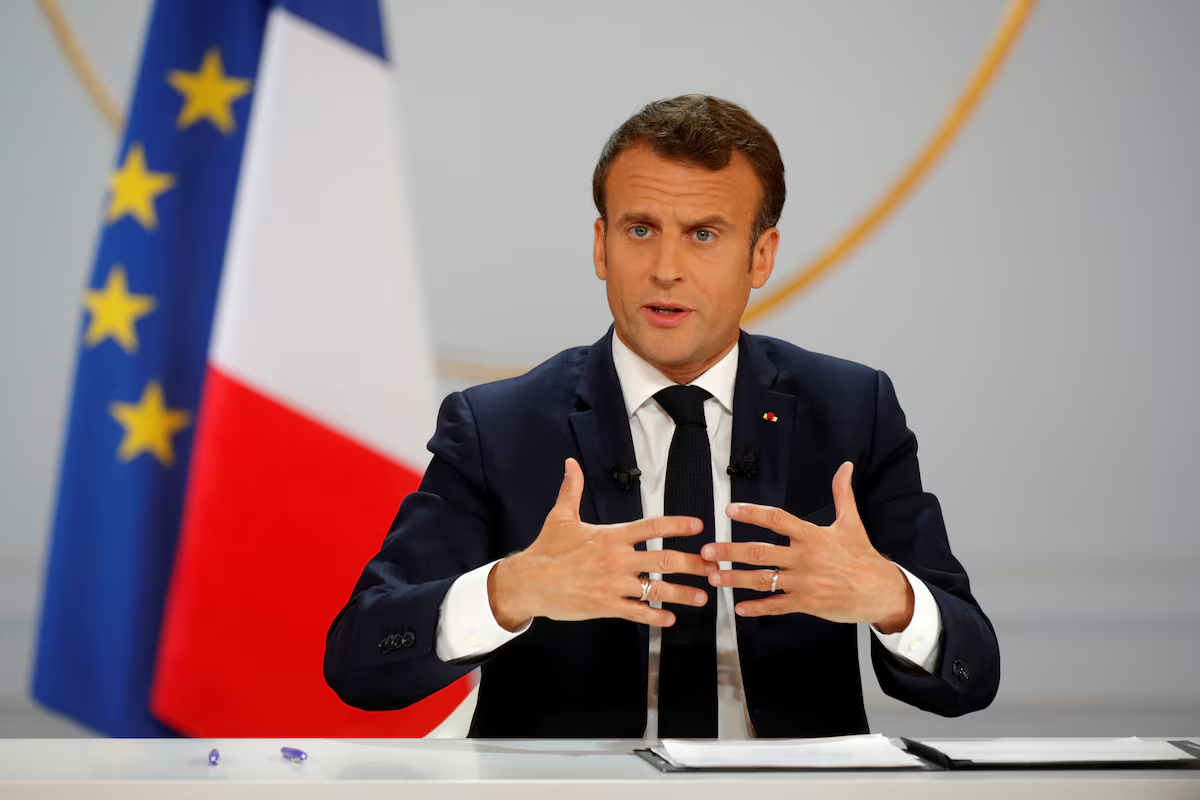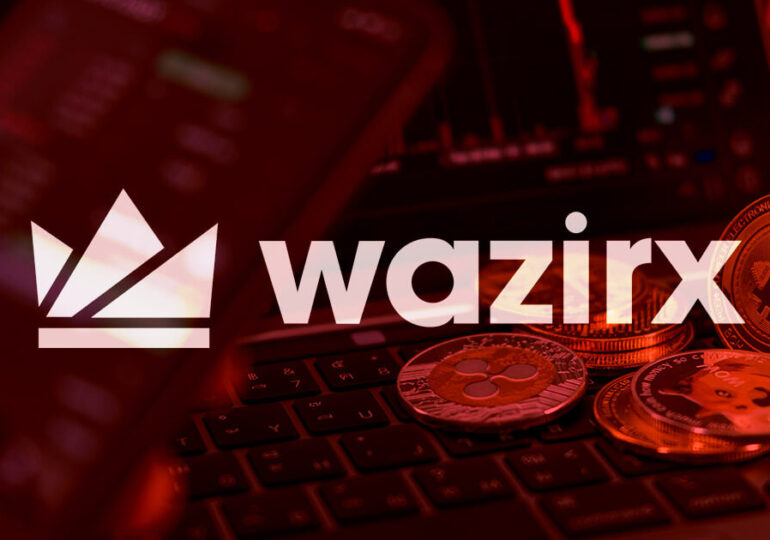From the Far Right to Fiscal Challenges: France’s Political and Economic Crisis

France is grappling with mounting political and economic challenges, following the appointment of veteran conservative Michel Barnier as prime minister by President Emmanuel Macron. After an inconclusive snap election in July, Barnier faces daunting tasks that include addressing fiscal issues and navigating opposition from both the far-right National Rally and left-wing coalitions.
Barnier’s immediate challenge is drafting a 2025 budget and presenting a deficit reduction plan to the European Commission to avoid disciplinary measures. France’s budget deficit, currently at 5.5% of GDP and its public debt at over 110%, far exceed the EU’s limits. The country must make steep spending cuts and introduce tax increases to meet the Commission’s requirements.
However, Barnier’s government lacks strong support in France’s fractious parliament, where the far-right National Rally, led by Marine Le Pen and Jordan Bardella, holds 142 seats. The left-wing New Popular Front (NPF) coalition, which was angered by Macron’s rejection of its premiership candidate despite winning the largest vote share, holds 193 seats. The 228 deputies Barnier can count on from his own party and Macron’s centrist alliance may not be enough to pass the budget.
Analysts warn that Barnier’s political survival hinges on Le Pen’s National Rally, which could either support his government or ally with the NPF to bring it down. The far-right has become a kingmaker in this situation, positioning itself to influence government policies, particularly regarding immigration and the cost of living. Barnier’s success will depend on whether he can balance these competing forces without plunging France into further political and economic instability.













